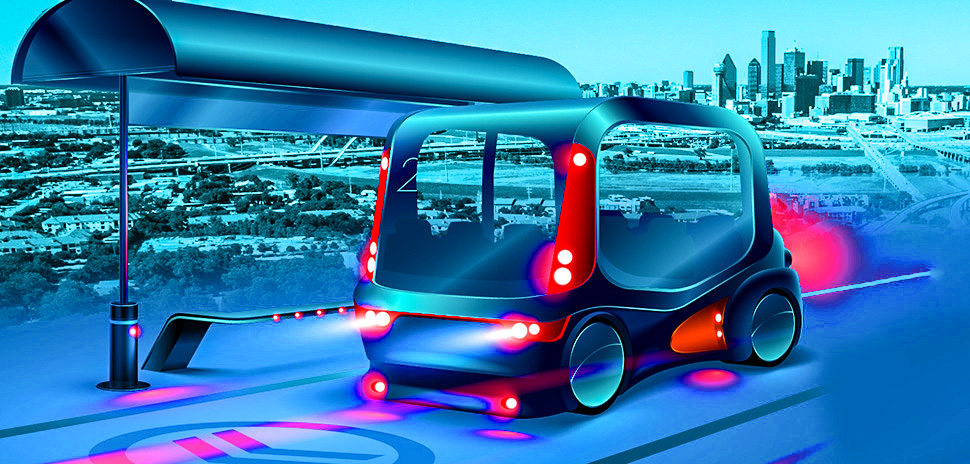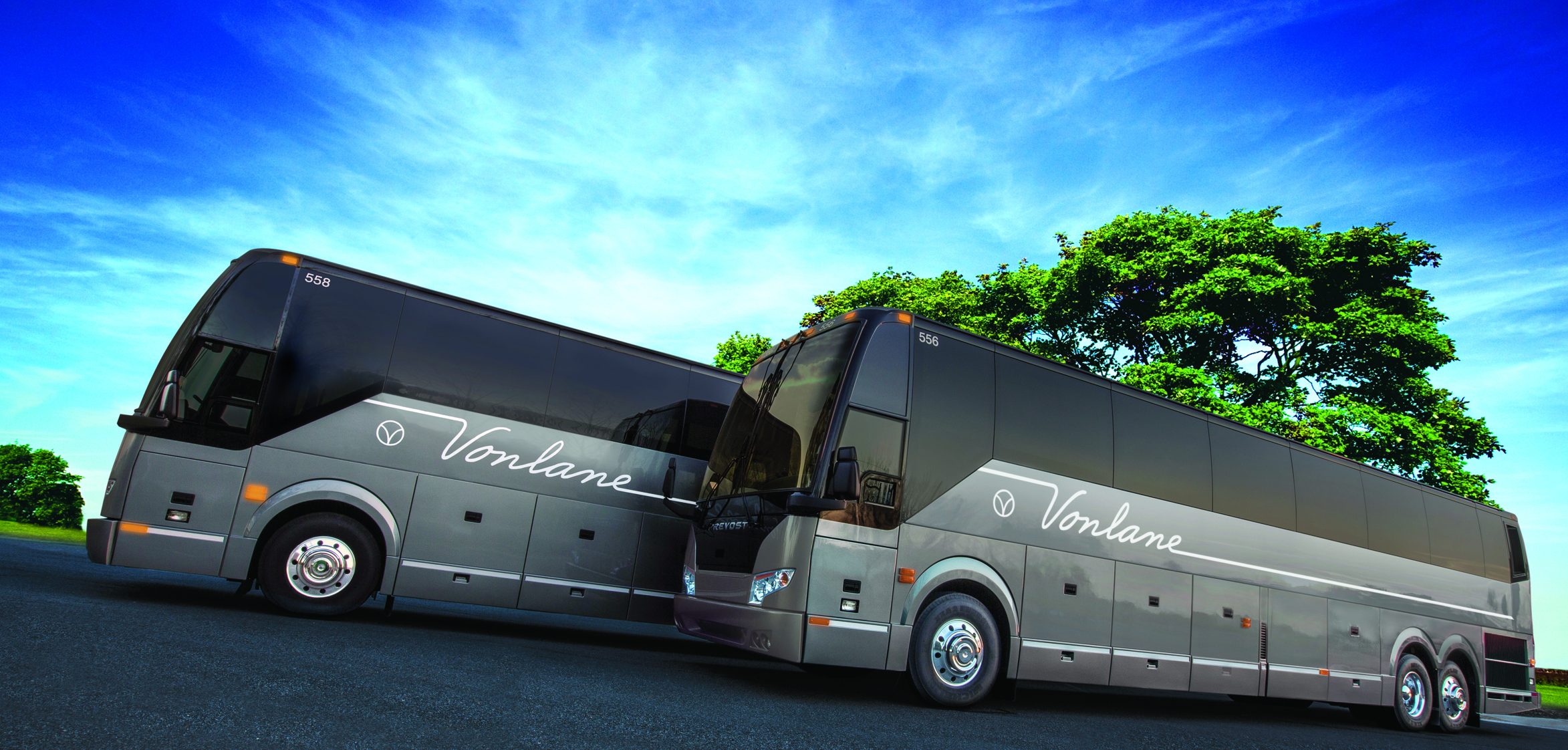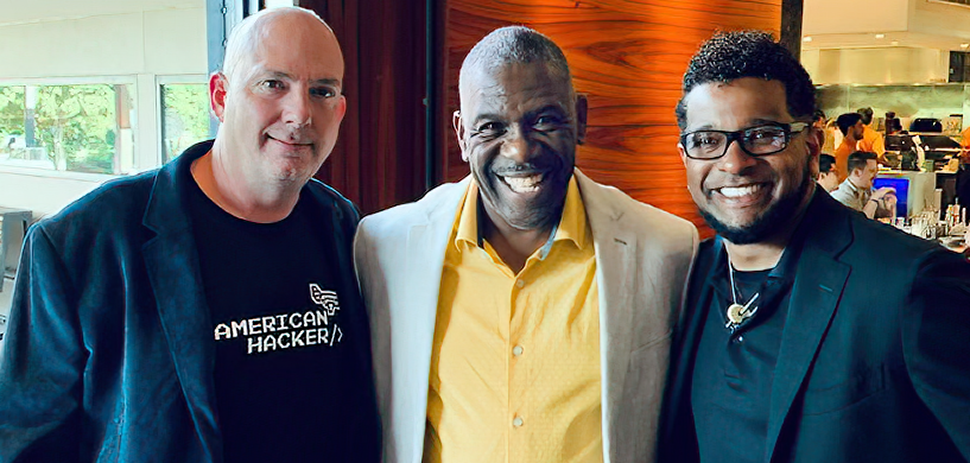In February 2020, Virgin Hyperloop went shopping for sites that would serve as its test track and assembly center.
In response, the Dallas Regional Chamber and the North Central Texas Council of Governments (NCTCOG) reached out to the Texas Research Alliance (TRA) to pull together North Texas’ research universities, to demonstrate the range of capability in the region to support Virgin Hyperloop One.
They readily agreed to work together to offer their expertise in artificial intelligence, composite materials, wireless vehicle technology, sensors, IOT, big data, and other areas to land Virgin Hyperloop.
This TRA-led cooperation led NCTCOG to recognize the value of a coordinated university response, especially for its potential to address mobility challenges faced by industry, municipalities, public agencies, and non-profits. NCTCOG then proposed to seed fund the effort with $2.5 million for the region and Virgin Hyperloop.
Though that project landed elsewhere, the potential intellectual horsepower caught the attention and imagination of leaders at NCTCOG, which announced creation of the TRA-led North Texas Center for Mobility Technologies (NTCMT) to attract research projects, build talent to tackle transportation dilemmas across the region, and the world. Bolstering those efforts is the previously announced $2.5 million in seed funding.
The North Texas Center for Mobility Technologies, which includes DFW research universities—The University of North Texas, The University of Texas at Arlington, The University of Texas at Dallas, and Southern Methodist University—requests that its university members sign a Memorandum of Agreement to cooperatively provide the expertise and talent North Texas needs to continue to improve mobility.
“In order to get … funding, the project must be sponsored by an outside party,” Tom Bamonte, NCTCOG’s transportation technology advocate, said, addressing an Oct. 8 meeting of the council’s Regional Transportation Commission. The commission is COG’s transportation policy board. “So, we’re not just funding pure university research. There has to be a third-party sponsor—most notably, someone from industry.”
“It’s got to be related to mobility tech,” he added. “And the industry sponsor and university have to have skin in the game, sharing some of the funding burden.”
Projects that will qualify for funding must satisfy at least one of the following criteria (according to NCTCOG):
• Address mobility challenges
• Contribute to economic development and jobs
• Provide mobility models that will help address regional environmental concerns
• Provide mobility solutions for underserved communities; and
• Demonstrate technology leadership
Creators of the mobility center hope to attract the full range of mobility-focused industries including autonomous vehicles, both freight and passenger transportation, drones and package delivering projects, and others.
Victor Fishman, executive director of the Texas Research Alliance, said the mobility center appears to be unique, in that all participating universities have agreed to partner and provide seed funding, along with NCTCOG, that makes funding projects through NTCMT very attractive.
To learn more, visit the mobility center’s website.
![]()
Get on the list.
Dallas Innovates, every day.
Sign up to keep your eye on what’s new and next in Dallas-Fort Worth, every day.

































































